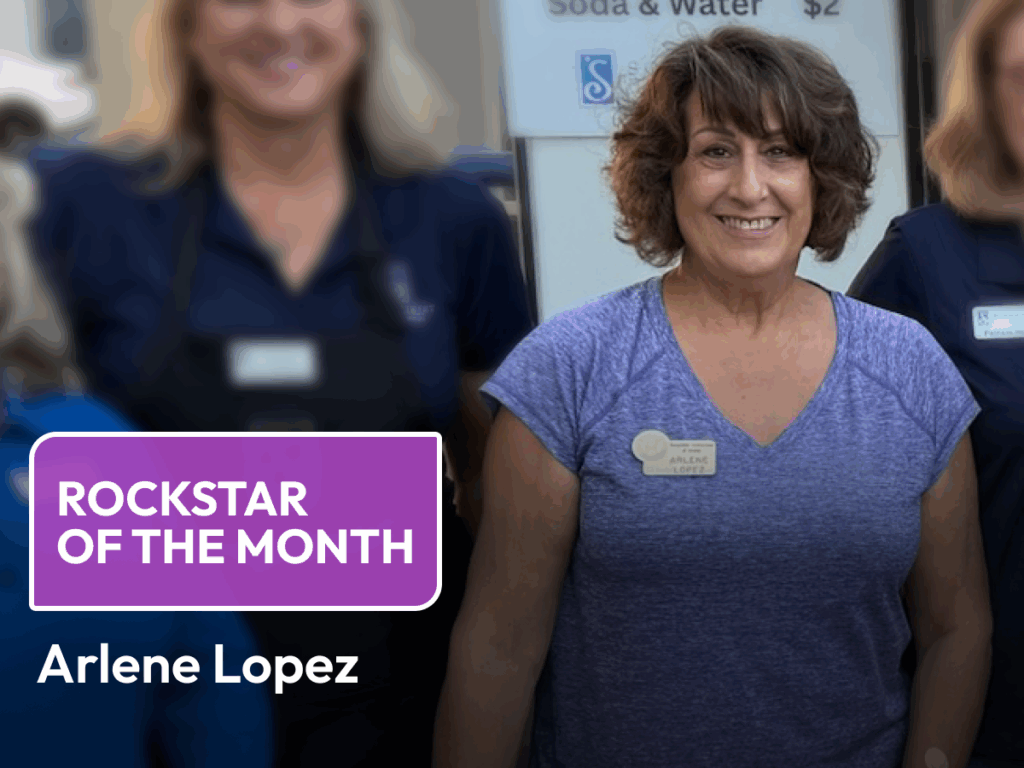Our Rockstar of the Month is
Cheryl Park
Over the past couple of years I slowly gained weight. I tried many times to lose weight by cleaning up what I was eating, cutting out food groups and tracking calories with apps. Each time, I would fail to see any progress and give up only to start over again and again. When a friend mentioned Enara, I didn’t feel like there was anything to lose but I also wasn’t confident my results would be any different. When I first met Dr. Bailony, I can honestly say I hated the way I looked and was feeling mildly depressed. I was initially skeptical and more than a little scared about the VLCD, but within a couple of weeks I was no longer hungry and it wasn’t as hard to maintain as I had imagined. Was I perfect along the way? No! I did slip here and there (still do) and I didn’t exercise like I should have. However, I’m very happy with my 90-day weight loss and especially the awesome improvements in my blood work. My next goal is to lose another 10 pounds and improve my HDL numbers. I am so thankful for the support of Dr. Bailony and the entire team at Enara!

Weight Loss progress:
Cheryl lost 22 Lbs (15% of her weight) in 4 months

Drop in Cholesterol: 31%

- Cholesterol is a waxy substance that comes from two sources: your body and food.
- Excess cholesterol can form plaque between layers of artery walls, making it harder for your heart to circulate blood.
- There are two types of cholesterol: “good” and “bad.” Too much of one type — or not enough of another — can put you at risk for coronary heart disease, heart attack or stroke.
She dropped her inflammation by 83%!

- High-sensitivity C-reactive protein (HS-CRP) is a protein that increases in the blood with inflammation.
- HS-CRP test may be used to help evaluate an individual for cardiovascular disease risk.
- Low risk: less than 1.0 mg/L, average risk: 1.0 to 3.0 mg/L, and High risk: above 3.0 mg/L.
Her triglycerides plummeted 53%!

- Fatty foods and carbohydrates we eat are broken down into globs of fat called triglyceride.
- High levels increase your risk for heart disease, stroke, and nerve damage.
- Excess glucose in blood can be used to make triglycerides which why people insulin sensitivity, pre-diabetes, or diabetes often also have elevated triglycerides.
Start your own success story with Enara Heath!




